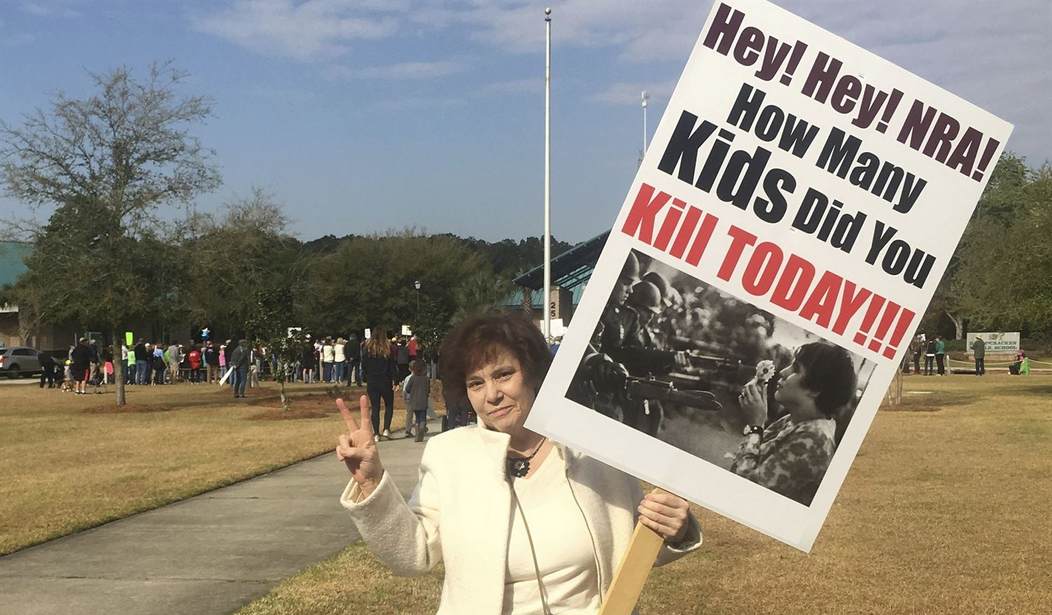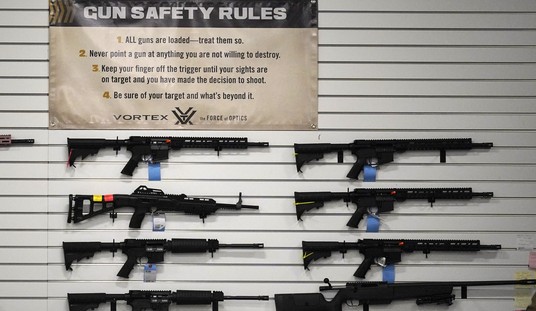A 16-year old in Quincy, Illinois is facing murder charges after an 18-year old was shot and killed on a city street last month, and the victim’s father is demanding more be done about guns. Darrell Kelley, Sr. says his son, Darrell Jr. had quarreled with the 16-year old accused of killing him a year ago, and actually spoke to the suspect’s mother at the time.
“I had a conversation with his mom. The last thing I remember her telling me is my son is out of control,” Kelley explained. “I don’t know what to do. I remember saying, there is something you can do.”
Apparently nothing was done, because 16-year old Roger Parker, Jr. is now facing murder charges, and will be tried as an adult for the death of Darrell Kelley, Jr. The suspect was in court this week, and will be back for a preliminary hearing on October 21st.
In the meantime, the police chief in Quincy, Illinois says more gun control laws wouldn’t have made a difference in this case, since Roger Parker, Jr. was illegally possessing the gun allegedly used in the murder. Chief Rob Copley pointed out to KHQA-TV that gun control laws aren’t the magic solution some make them out to be.
“Even if they had the guns legally, there are no laws in place that would have kept his from happening. First of all, tracking down where these weapons come from can be difficult,” Copley explained. “Sometimes you are successful, sometimes you aren’t. Law changes for gun restrictions, gun control–they miss the mark when it comes to crime like this, because these are not legally possessed weapons, they are possessed illegally. So no amount of gun control laws would have kept the weapon out of the hands of this shooter.”
In order to make a difference, according to Copley, society needs to get beyond the desire to “do something” about guns.
“It’s really got to be the education and grounding of the youth, grounding them into reality. What’s right and wrong. Death is final. Something that may or may not kill someone is a very serious and final act. Once it’s done it’s done and you can’t take it back,” Copley said.
Quincy, Illinois is not a particularly violent place. In fact the town of around 40,000 actually went without a single homicide in 2016 and 2017, though the overall violent crime rate has been trending upwards for the past couple of years. In an interview with the Quincy Whig last year, Copley noted that policing is a fundamentally reactive job.
Copley said officers typically can only react to crime.
“We can put pressure on something or some place and make a difference, but in a real numbers world of crime, we don’t control crime,” he said.
It might not be what folks want to hear, but Copley is right. Policing strategies that focus on the most violent offenders and the most violent gangs can reap huge benefits, but ultimately what has to change in order for crime to drop is the community where crime is taking place. You need neighbors to say “this has to stop” and cooperate with police when they witness crimes. You need to apply pressure to those engaged in crimes to turn their life around, and opportunities to do so. Of course you need a criminal justice system that will take violent offenders off the street, but you also need people willing to testify in court. These aren’t easy fixes, but they offer the chance for real and lasting changes in our most violent neighborhoods, unlike another gun control law aimed at legal, law-abiding gun owners.









Join the conversation as a VIP Member